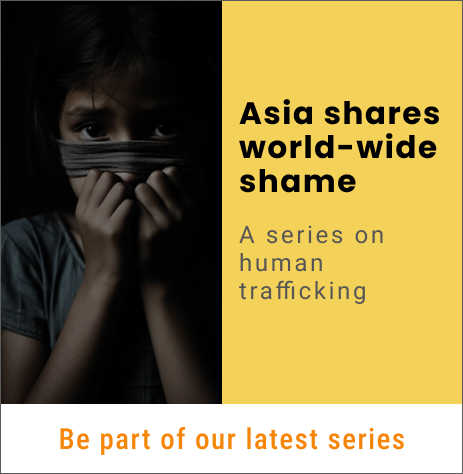Interreligious dialogue can eradicate ignorance about other religious traditions, promote mutual respect and safeguard values that foster religious and cultural diversity and the dignity of every human being, church experts and pastoral workers in Africa said.
“We declare that the African continent can only achieve an integral and sustainable development if it can foster a culture of peace and fraternity,” they said in a final statement published on April 11 by the Vatican Dicastery for Interreligious Dialogue.
This kind of culture is “founded on the principles of freedom, justice, democracy, respect and solidarity,” and “through dialogue, diplomacy and negotiation,” it promotes respect for human rights and dignity and the rejection of violence, the statement said.

The dicastery organized a workshop in Nairobi, Kenya, April 9-10 for coordinators of bishops’ commissions for interreligious dialogue and pastoral workers involved in interreligious dialogue across the African continent to discuss the theme, “Christianity in Dialogue with Islam and African Traditional Religion: Challenges and Opportunities.”
Workshop attendees “gathered to support one another” and “to send a message to the people of Africa that religions can play a greater role in building a culture of peace, reconciliation and fraternity,” the statement said. “We believe that we can do this through education and engagement in interreligious dialogue.”
A report by the U.N. international development agency said sub-Saharan Africa is the new “global epicenter” of violent Islamic extremism with 48% of global terrorism deaths in 2021, according to the Associated Press.
A growing number of new recruits are joining extremist groups for the promise of improved livelihoods and fewer people are joining for religious reasons, according to the UNDP report made public April 9.
Governments’ counter-terrorism military efforts are failing to stop extremism, it said.
The report said “about 71% of those who joined extremist groups were influenced by human rights abuses by state security forces, such as the killings or arrests of family members,” and ineffective judicial systems for victims of such crimes, the AP said.
The UNDP report recommended better social services for children, especially education and welfare, and better economic opportunities for people.
Participants at the Vatican-sponsored workshop wrote, “We are concerned over the increasing polarization, tensions, conflicts and religious radicalization in certain African countries, particularly in West, Central and East Africa, that can be attributed to various factors, including socio-economic and political ones.”

“For us, interreligious dialogue is an effective means to root out ignorance about other religious traditions, promote mutual respect and preserve the values that foster religious and cultural diversity and the dignity of every human being,” they wrote.
“Religious leaders have a great responsibility to foster harmony and educate their respective followers to live as brothers and sisters,” they wrote, which is why the creation of an episcopal commission for interreligious dialogue should be encouraged in each African country in order to promote interreligious dialogue.
Credit: Source link




